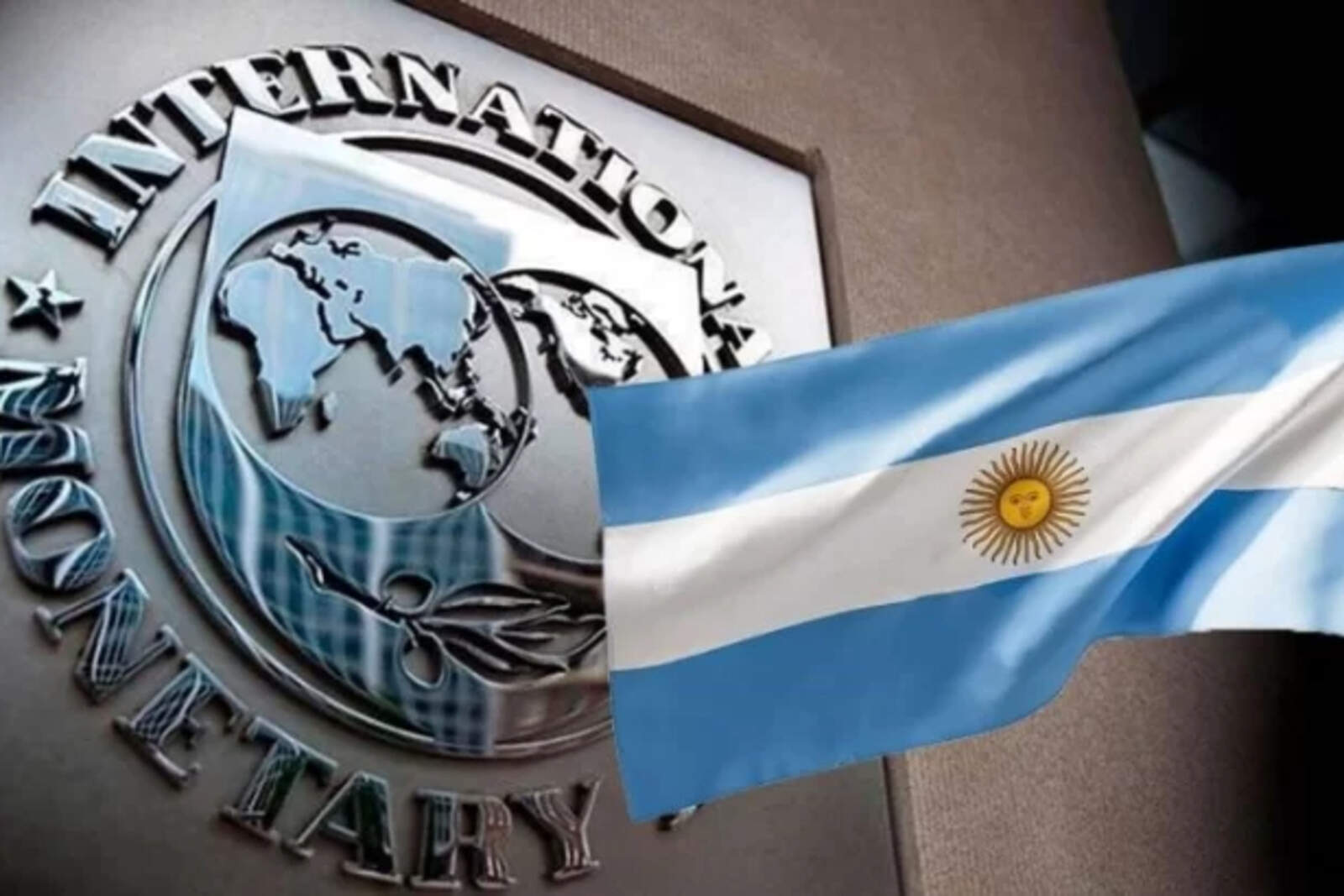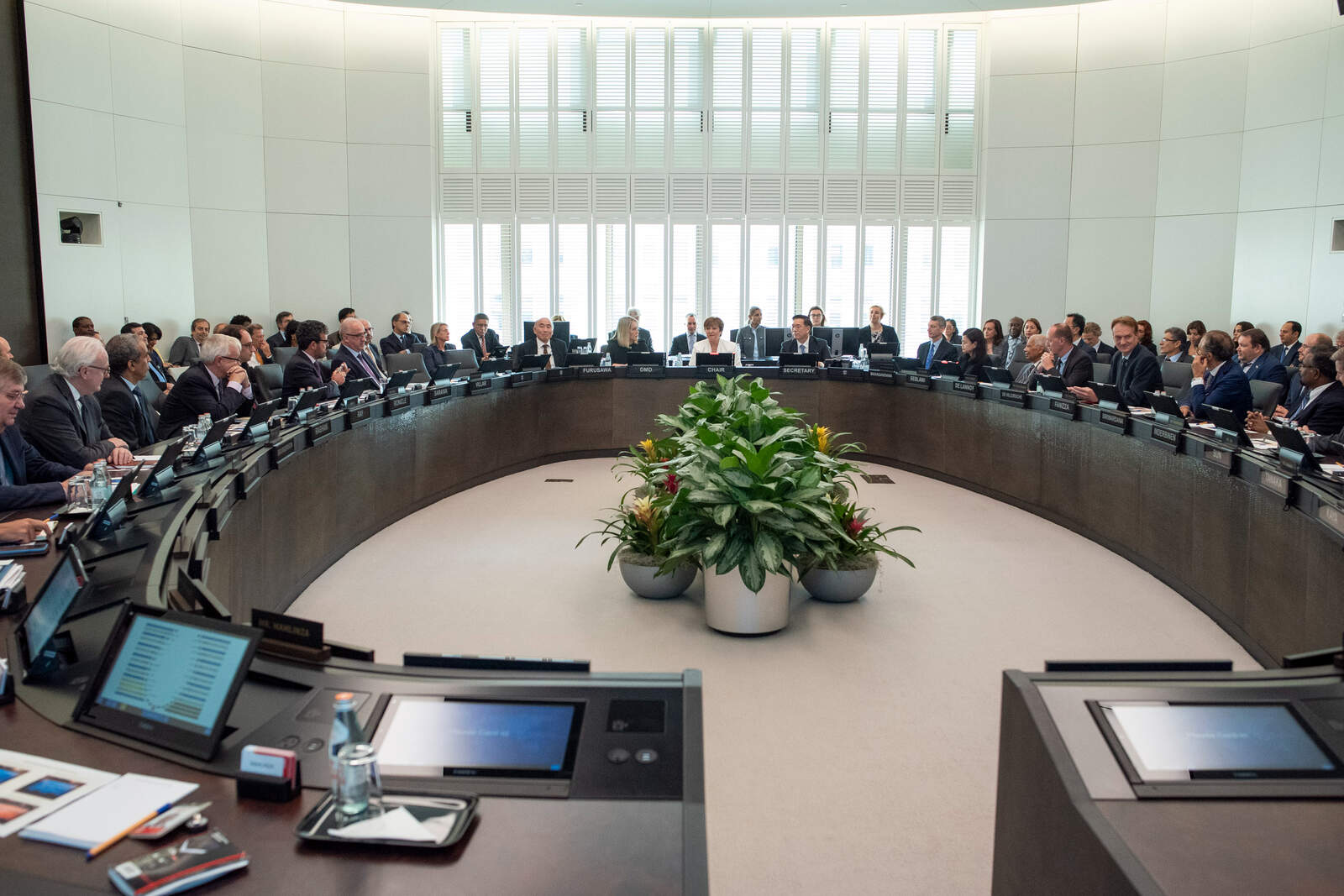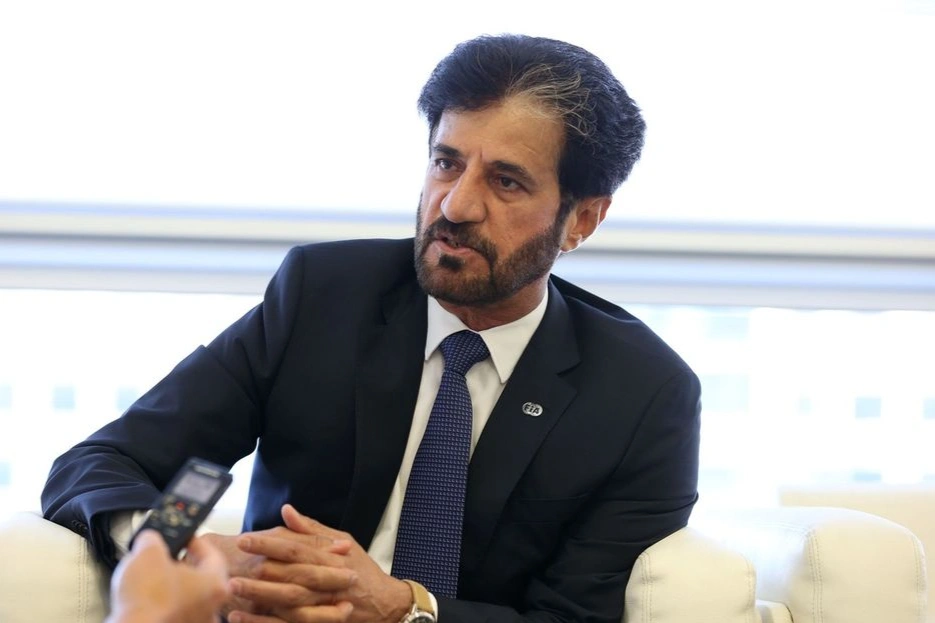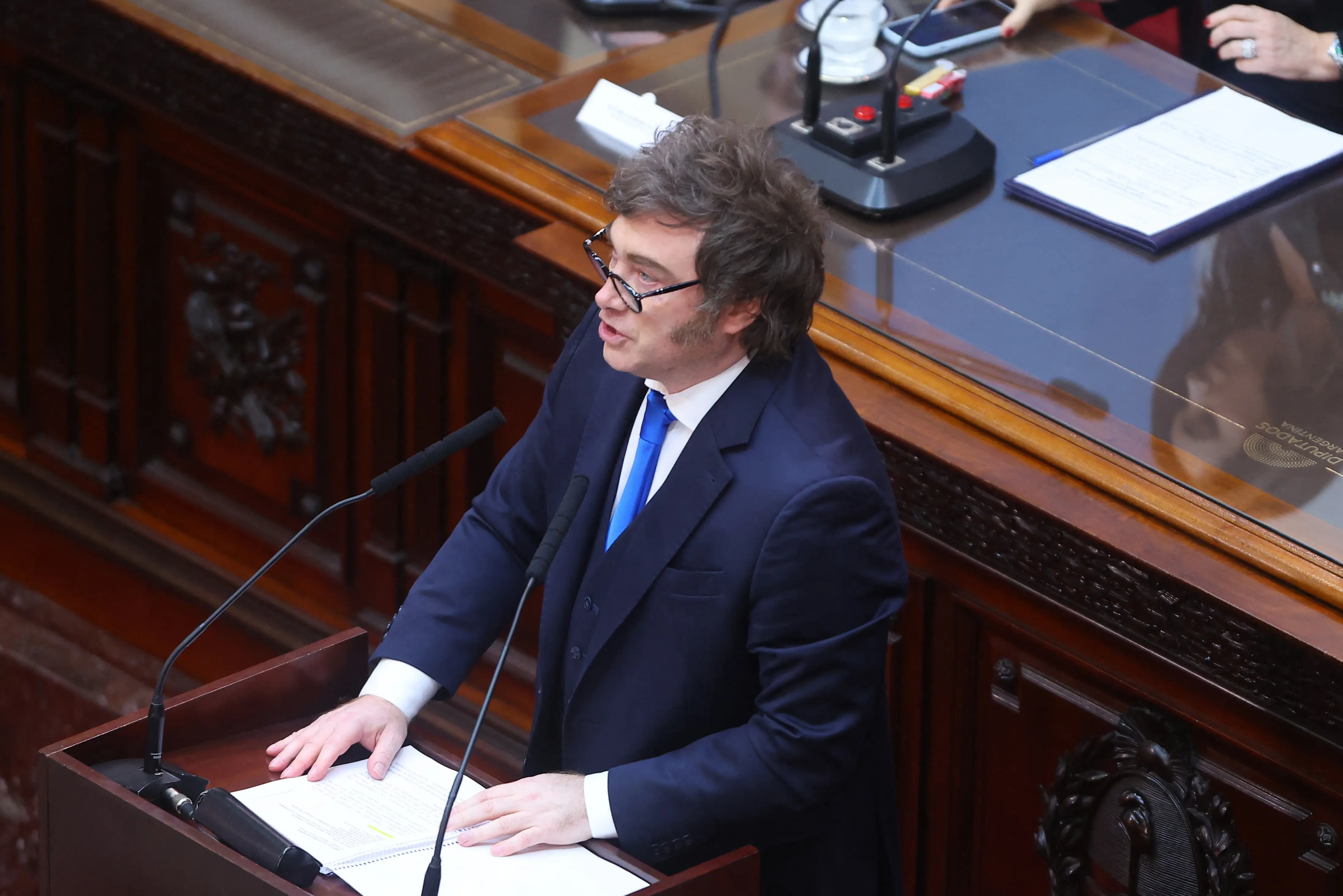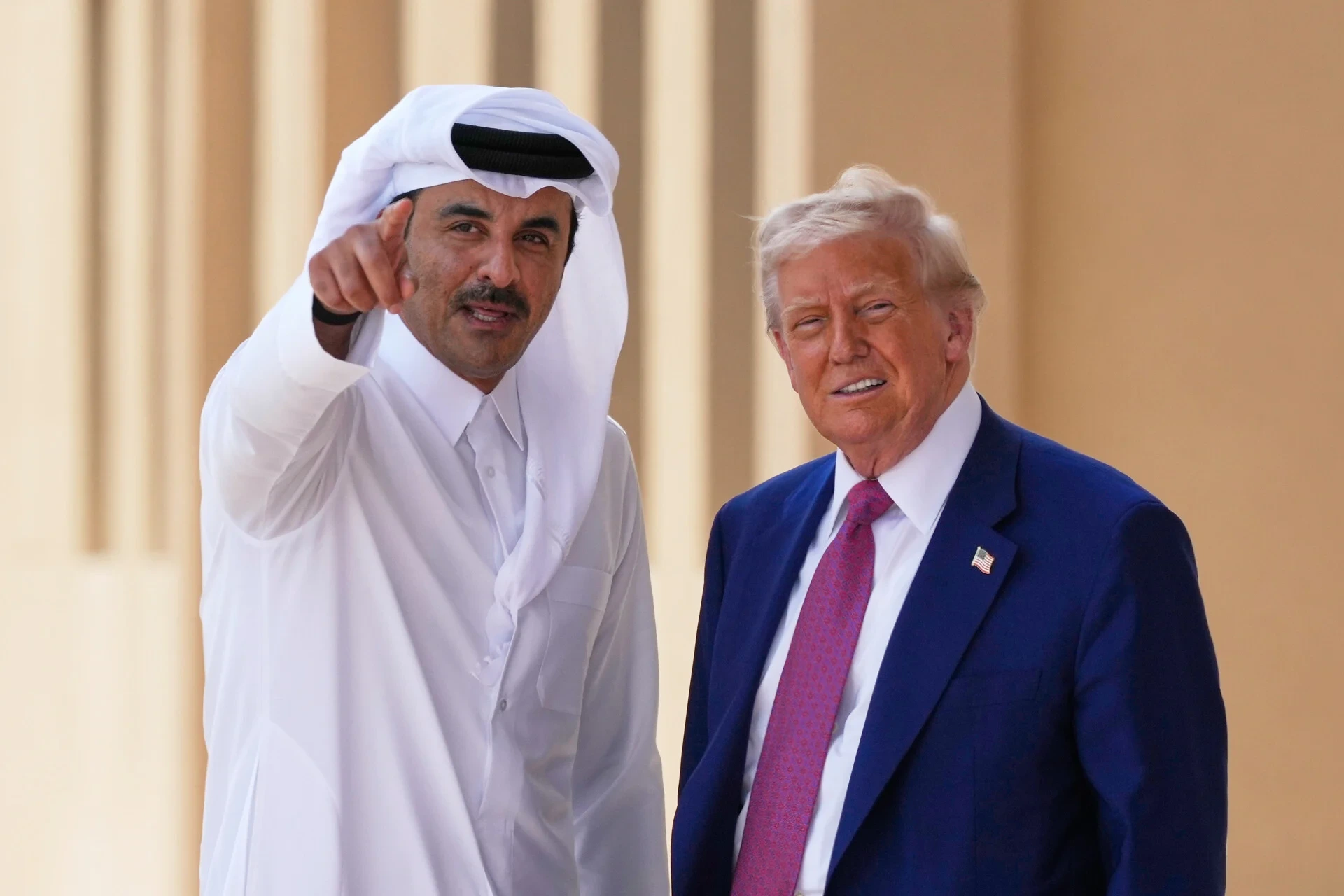The Argentine Government, under the leadership of Javier Milei, has received a new boost from the International Monetary Fund. This Wednesday, the Executive Board of the Washington-based organization approved the first review of the extended agreement under the Extended Fund Facility (EFF), thus enabling an immediate disbursement of SDR 1.529 billion, equivalent to approximately USD 2 billion.
The decision, welcomed by the markets and a sign of international confidence, comes after the IMF positively assessed the progress of the libertarian government's economic program, highlighting fiscal discipline, the smooth transition to a more flexible exchange rate regime, and ongoing disinflation. Despite the challenging global context, the technical report emphasizes that policy implementation has been "solid," thanks to a restrictive macroeconomic approach consistent with the agreement's objectives.
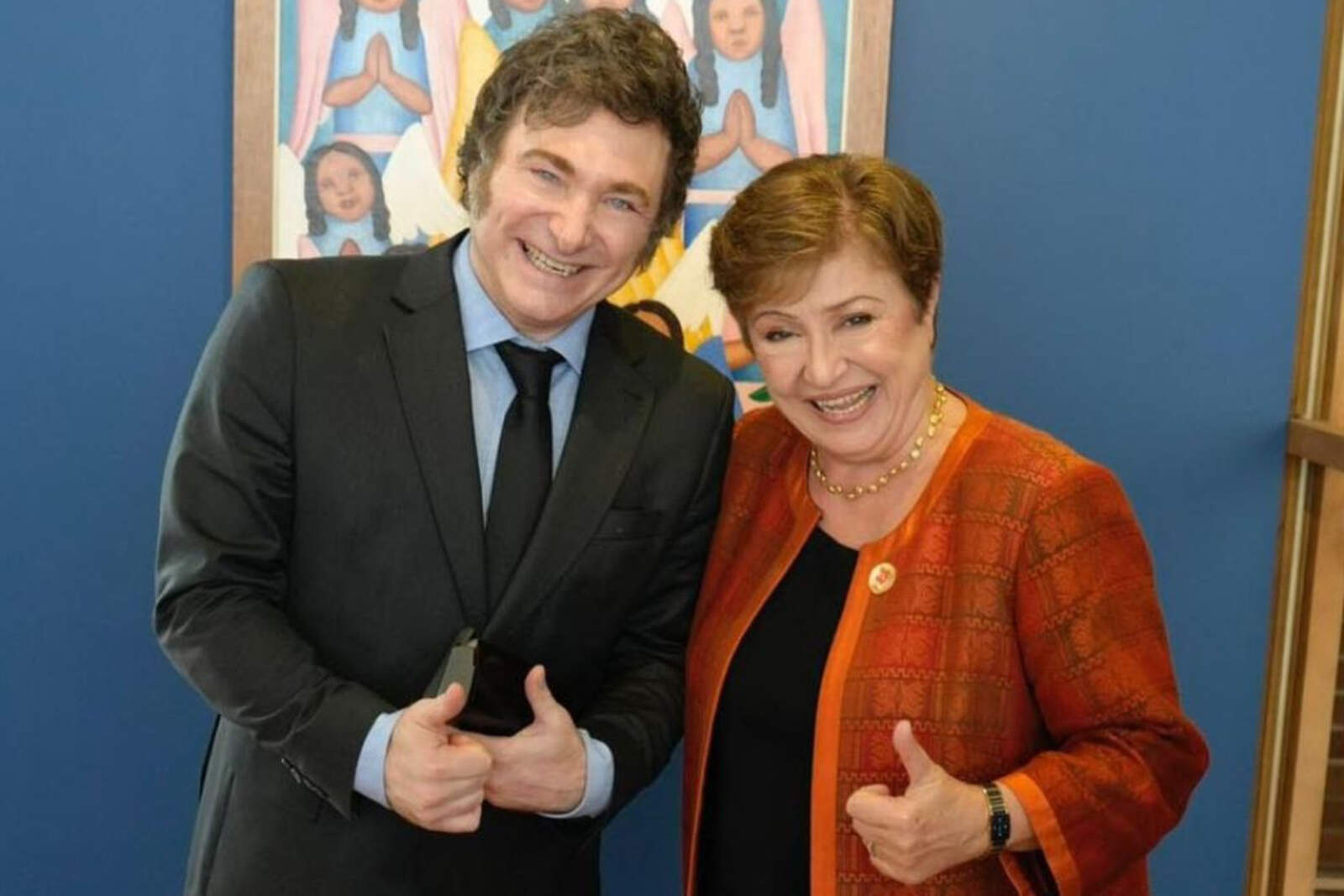
According to the official statement, "the zero overall deficit target remains the cornerstone of economic policy", while the Argentine authorities' commitment to fiscal balance and reserve accumulation has been recognized by the Fund's Board itself. Although the June interim target for net international reserves was not met, the IMF highlighted that "other key performance criteria were met and corrective measures were implemented."
Since the beginning of the program, Argentina has already received SDR 10.729 billion (USD 14 billion) out of the total SDR 15.267 billion (equivalent to USD 20 billion), representing 479% of the country's quota with the organization. This new phase of the 48-month agreement was approved on April 11, 2025.
In her statement following the Board meeting, IMF Managing Director Kristalina Georgieva stated emphatically: "Argentina's new phase of the stabilization program has had a solid start. Appropriately restrictive macroeconomic policies have facilitated a smooth transition to a more flexible exchange rate regime and the easing of most restrictions and controls. Disinflation has resumed, the economy has continued to expand, and poverty has continued to decline."
In another part of the statement, Georgieva highlighted the positive impact of the program led by President Milei: "It is worth noting that Argentina has regained access to international capital markets ahead of schedule, although interest rate spreads remain high."

